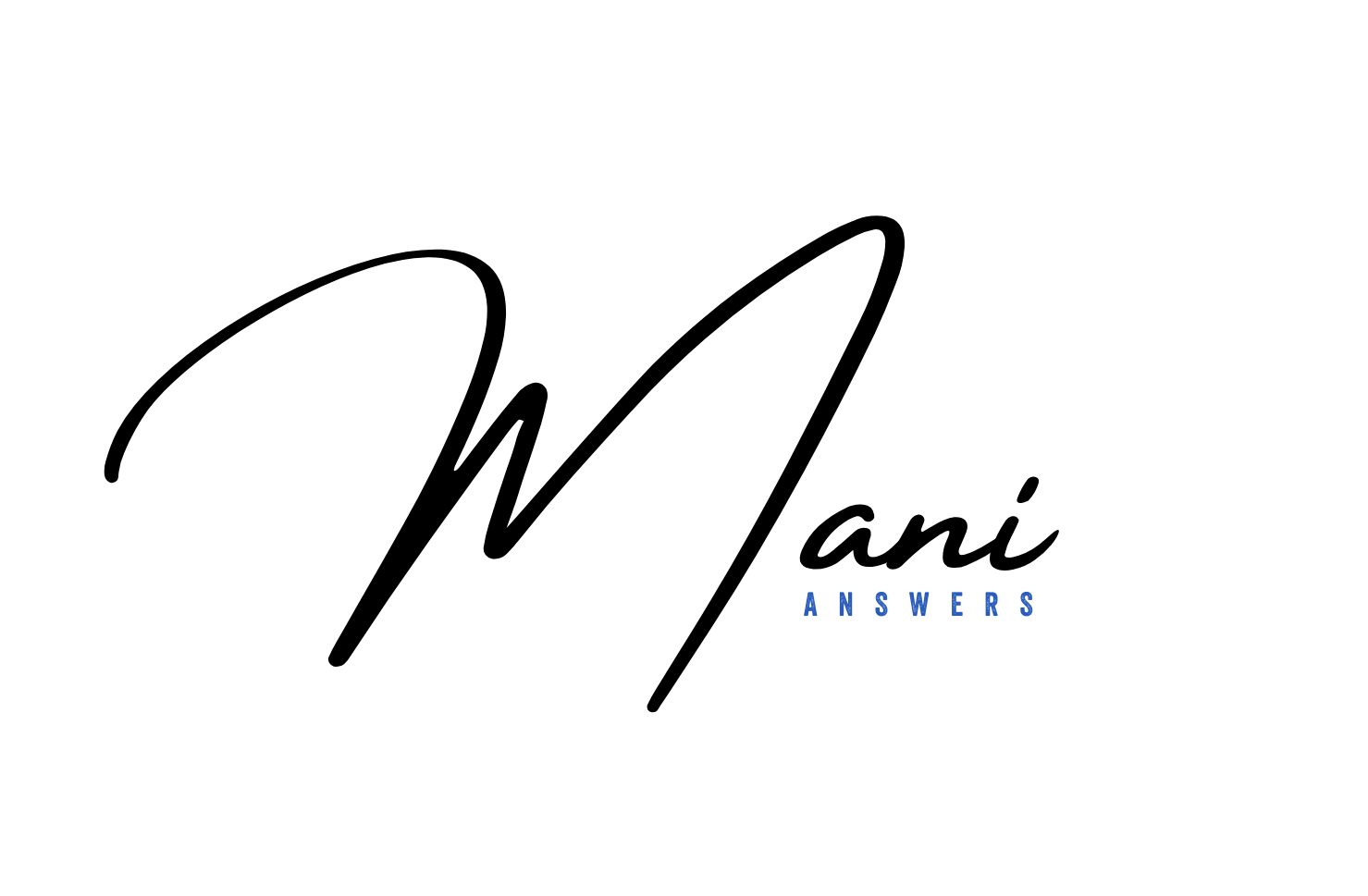I remember a time when my phone felt like an extra limb. Scrolling, liking, commenting – it was a reflex. But beneath the surface of constant digital connection, a quiet unease began to grow. I was feeling more anxious, less focused, and disconnected from the real world. Perhaps you’ve felt it too – that subtle tug of the screen that pulls you away from the present moment. The truth is, our relationship with technology has become a bit like a rollercoaster, and it’s time to find our way back to a healthier balance. It’s not about shunning technology entirely, but about reclaiming our mental health by intentionally reducing our screen time. This post is about sharing what I’ve learned and offering strategies that can actually make a difference – because, believe me, I’ve been there.
The Unseen Impact: How Screen Time Affects Mental Well-being
We often underestimate the subtle, yet profound, impact that screen time has on our mental health. It’s not just about feeling tired; the effects are far more complex and often go unnoticed until they’ve taken a toll. For me, the signs were a mix of:
- The Endless Scroll & the Rising Anxiety: It’s a vicious cycle – the more time I spent online, the more anxious I became. The constant flow of information, comparison, and notifications triggered this sense of unease, and I felt constantly on edge.
- Brain Fog and Lost Focus: I used to pride myself on being able to concentrate, but that changed with the rise of endless screen time. The constant switching between tabs made my ability to focus on one task for an extended amount of time almost disappear. I began forgetting things and struggling to stay present in conversations.
- The Invisible Barrier: Disconnection in Real Life: It felt ironic, the more connected I was online, the more disconnected I was from the world right in front of me. I missed out on spontaneous conversations with family, the peacefulness of my environment, and simple pleasures of life.
- The Sleep Thief: The blue light emitted from our screens made falling asleep harder. Even when I did fall asleep, my sleep was often restless and disrupted by the day’s online experiences.
Understanding the Roots of the Problem: It’s More Than Just a Habit

Our screen habits are not solely due to a lack of willpower; there are a lot of underlying factors:
- The Dopamine Rush: Social media apps are intentionally designed to be addictive. Every like, comment, or notification triggers the release of dopamine, creating a feedback loop that keeps us engaged even if we don’t consciously want to be.
- Fear of Missing Out (FOMO): The constant fear of missing out on something important or interesting drives many to check their phones every few minutes.
- Escapism: Screens can be a way to escape from discomfort, stress, or boredom. I know I often turned to the digital world to numb feelings rather than face them.
- Constant Connection: The expectation of being constantly available to friends, family, and colleagues puts immense pressure, and the boundary between our work life and private life gets blurred.
Unplug and Thrive: Practical Strategies to Reduce Screen Time
Okay, enough with the doom and gloom! Let’s talk about what actually helps. These are the strategies that have worked for me, and I hope they can help you too:
- Setting Boundaries: Specific Screen Time Limits: One of the first and most impactful steps for me was setting daily screen time limits for social media and other time-wasting apps. I found an app that allows you to customize restrictions for different times of the day.
- Mindful Moments: Engage in Real-World Activities: I found joy in rediscovering hobbies I used to enjoy – reading, hiking, and painting. It was like reconnecting with parts of myself that had been hidden behind the glare of the screen.
- The Power of Movement: Regular Physical Activity: Daily walks and exercise not only boost physical health but also improve mental clarity. I found that even a short walk outdoors significantly reduced my stress levels.
- The Art of Being Present: Mindfulness Practices: Incorporating mindfulness techniques like meditation has helped me become more aware of my impulses to reach for my phone. It’s a way to pause and ask myself why I want to use my phone.
- The Tech Detox: I scheduled “digital detox” times, periods where I intentionally stayed away from all digital devices. Initially it felt uncomfortable, but quickly I started to embrace the quiet.
Tech Can Be Your Ally: Apps to Manage Screen Time
Ironic, I know, but technology can also help us manage our tech use. Here are a few tools that I found useful:
- Usage Trackers: Many apps track how much time you spend on your phone and on different apps.
- App Blockers: These apps let you set limits for specific apps, which has helped me stay off social media during productive hours.
- Focus Apps: These apps help you stay focused by blocking distractions during work or study sessions.
The Ripple Effect: Benefits of Reduced Screen Time

The initial transition wasn’t easy, but the benefits of reducing screen time have been well worth it. I’ve experienced:
- Improved Focus and Concentration: I found it much easier to focus on work, reading, and conversations without getting distracted.
- Reduced Anxiety and Stress: The feeling of being constantly “on” faded, and I started to feel more calm and present.
- Better Sleep: Removing the blue light before bedtime led to improved sleep quality and more restful nights.
- Strengthened Real-World Connections: I became more present in conversations, building deeper relationships with my family and friends.
- Increased Creativity and Productivity: With fewer distractions, my creativity and productivity soared.
How AI is Revolutionizing Your Workout: Personalized Fitness Plans
Reducing screen time is not a one-time fix; it’s a journey toward a healthier and more balanced life. It’s about making conscious choices to prioritize our well-being over the allure of the digital world. It might feel challenging at first, but the rewards are immeasurable. Let’s collectively unplug and reclaim our time, our focus, and our mental peace. You don’t have to do it all at once, start small, celebrate your wins, and keep going.
What steps will you take today to reduce your screen time? Share your thoughts in the comments, and let’s create a community of mindful technology users.
 then 'Add to home screen'
then 'Add to home screen' then 'Add to home screen'
then 'Add to home screen'



No comment